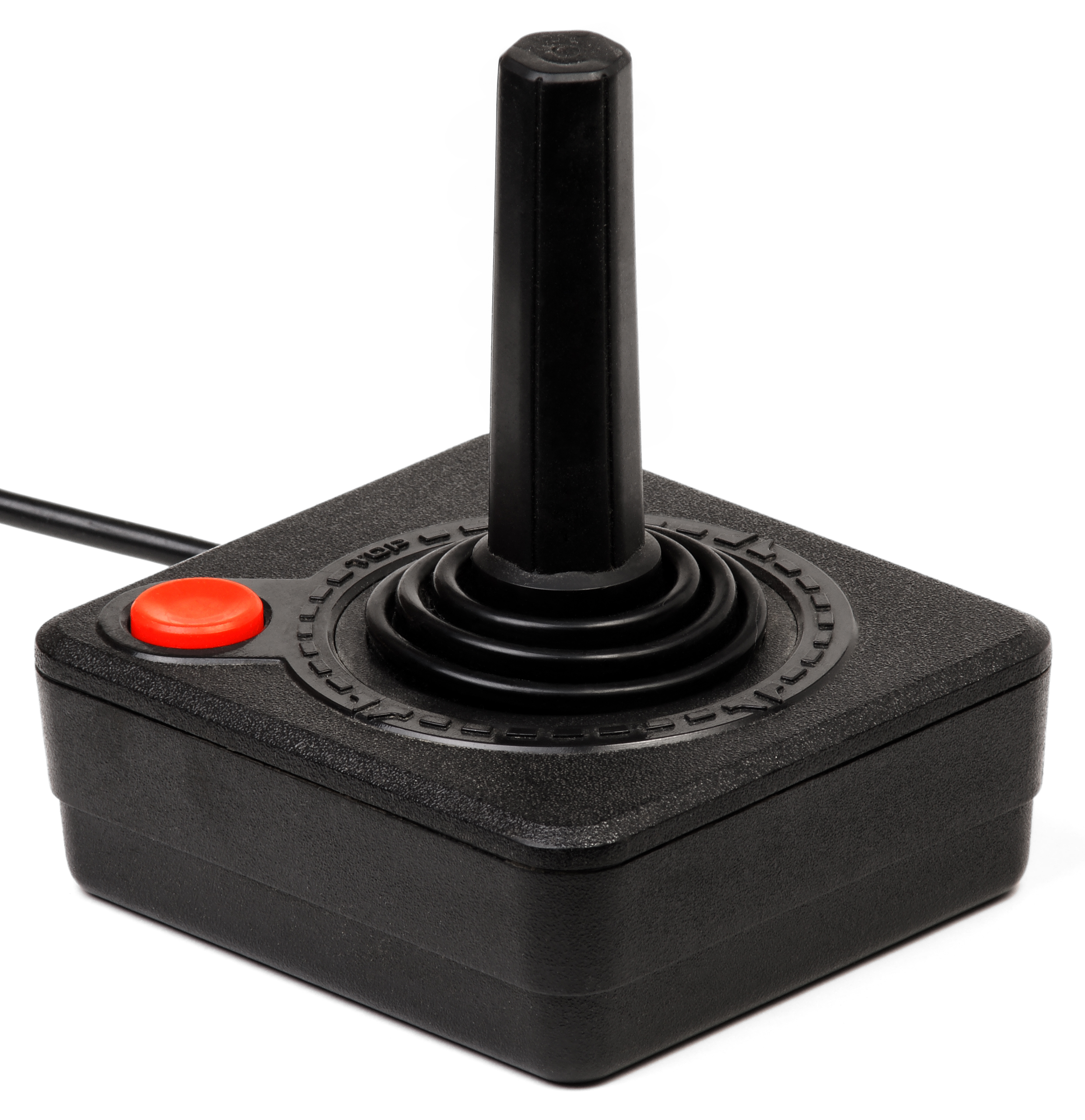

I don’t expect that Trump being in office will substantially change US policy on Ukraine. This is not a major election factor. I think that what you’re seeing is politicking, and that the major driver of US policy on Ukraine is the bureaucracy, not political leadership. That doesn’t change from administration to administration.



























No. Trump was not largely the factor involved in aid being held up – that was the Freedom Caucus, which was aiming to hold it (and a number of other things, including the budget earlier) hostage to get domestic policy gains that they wanted, given that the Republicans had a very narrow margin in the House and their support was required for a deal.
The Freedom Caucus didn’t actually care much about the fundamental issue of Ukraine aid, but they wanted to force spending reductions – they took the position that we could aid Ukraine, but if so it had to come from cutting government spending, reducing regular spending. It couldn’t be additional spending.
Trump’s faction has not been especially friendly with the Freedom Caucus, and supported the guy who just defeated its leader, Bob Good.
https://news.yahoo.com/news/republican-survive-trumps-wrath-bob-221830141.html
https://www.nbcnews.com/politics/2024-election/trump-endorses-primary-challenger-gop-rep-bob-good-virginia-rcna154285
https://thehill.com/homenews/campaign/4729084-bob-good-donald-trump-virginia-oklahoma-georgia-tom-cole/mlite/
https://thehill.com/homenews/campaign/4727667-bob-good-virginia-donald-trump-kevin-mccarthy-john-mcguire-freedom-caucus/
You can find some people who are friendly with Trump who have opposed Ukraine aid. Vance is one possible running mate pick for Trump, and he has, in the past, pretty consistently advocated for not getting involved in Europe and Russia, and rather focusing on opposing China. On the other hand, Burgum, another possible running mate pick, has been a hawk on Russia. So depending upon how things play out you could wind up with people who do have a voice in advising Trump, will have access to him, and have taken policy positions against support for Ukraine. But I don’t anticipate Trump himself to be much of a factor on Ukraine, and I think that it’ll be recommendations from the Department of State and the like that will be the most influential in a potential second Trump administration.
US foreign policy usually isn’t a major factor in elections, and generally doesn’t swing back and forth around elections.